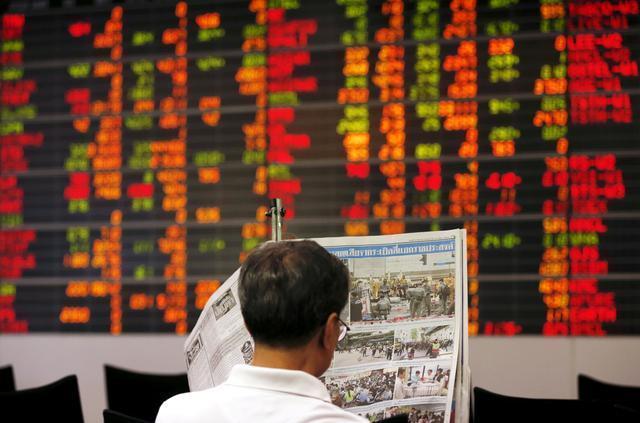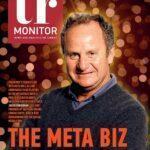The possibility of hyperinflation in Turkey is quite low in statistical terms, according to Steve H. Hanke, Professor of applied economics at Johns Hopkins University. Speaking to daily DUNYA, Hanke said Turkey experiences an endemic high inflation problem due to the weak institutions and the bad reputation of the Central Bank. He cited the Bulgaria case and said hyperinflation ended in the country as soon as the government shifted to the implementation of a currency board. Hanke also recommended the same implementation for Turkey.
The Economic Research Forum, which was established in collaboration with the Turkish Industry and Business Association (TUSIAD) and Koc University organized a panel where TUSIAD President Simone Kaslowski made an opening speech. Touching on inflation Kaslowski said the steps taken for the new economic model should be reviewed. “High inflation figures announced at the beginning of the week revealed that we should reconsider the steps we take. Are we taking the right steps in the fight against inflation? Why does inflation increase that much if they are right steps?” Kaslowski said. Although the country ended 2021 with a high export figure of USD 225bn and grew by over 10% in real terms, Kaslowski emphasized the existing conditions in terms of supporting predictability and investment environment. “Dollarization increasingly continues. Why don’t the market interest rate or loan interest rate is fall if we reduced the interest rate? On the contrary, they rise,” the TUSIAD President noted.
Turkey should shift to a manufacturing environment, which supports green transformation based on productivity increase and high value-added technology by sticking to the free market operation, according to Simone Kaslowski. He also criticized the point that Turkey focuses on doesn’t sufficiently overlap with the current global economic realities. “We should create new methods or compromise on the operation of a more liberal market if the methods we implement don’t carry us to our goals. This will also damage productivity while it deteriorates competitive market operation,” Kaslowski added. “Although this method seems like it offers a temporary solution in the short term, it damages predictability. It also moves away from wealth increase that Turkey aims in the economy,” he noted.
DAILY AGENDA
The Export Expectation Index reached 115.8 points while the Import Expectation Index saw 118.8 for the first quarter of the year, according to the Trade Ministry.
The Ministry of Treasury and Finance will release cash realization figures for December (5.30 pm).










